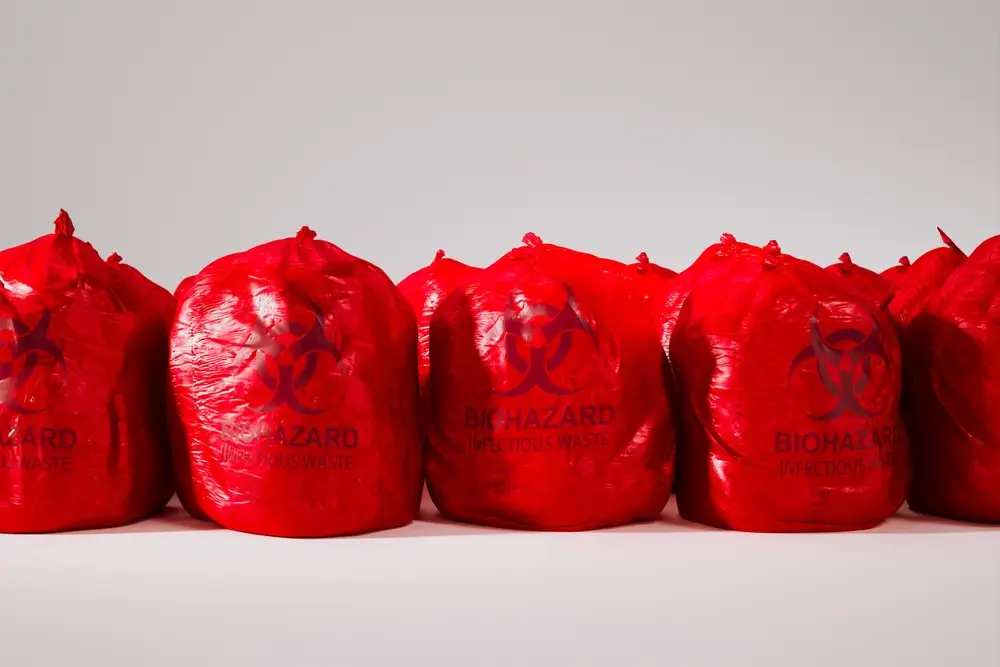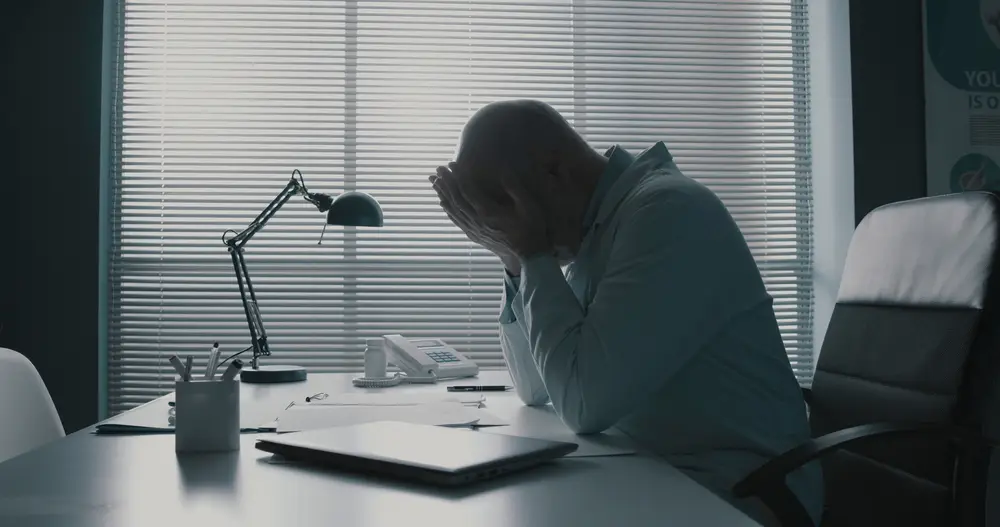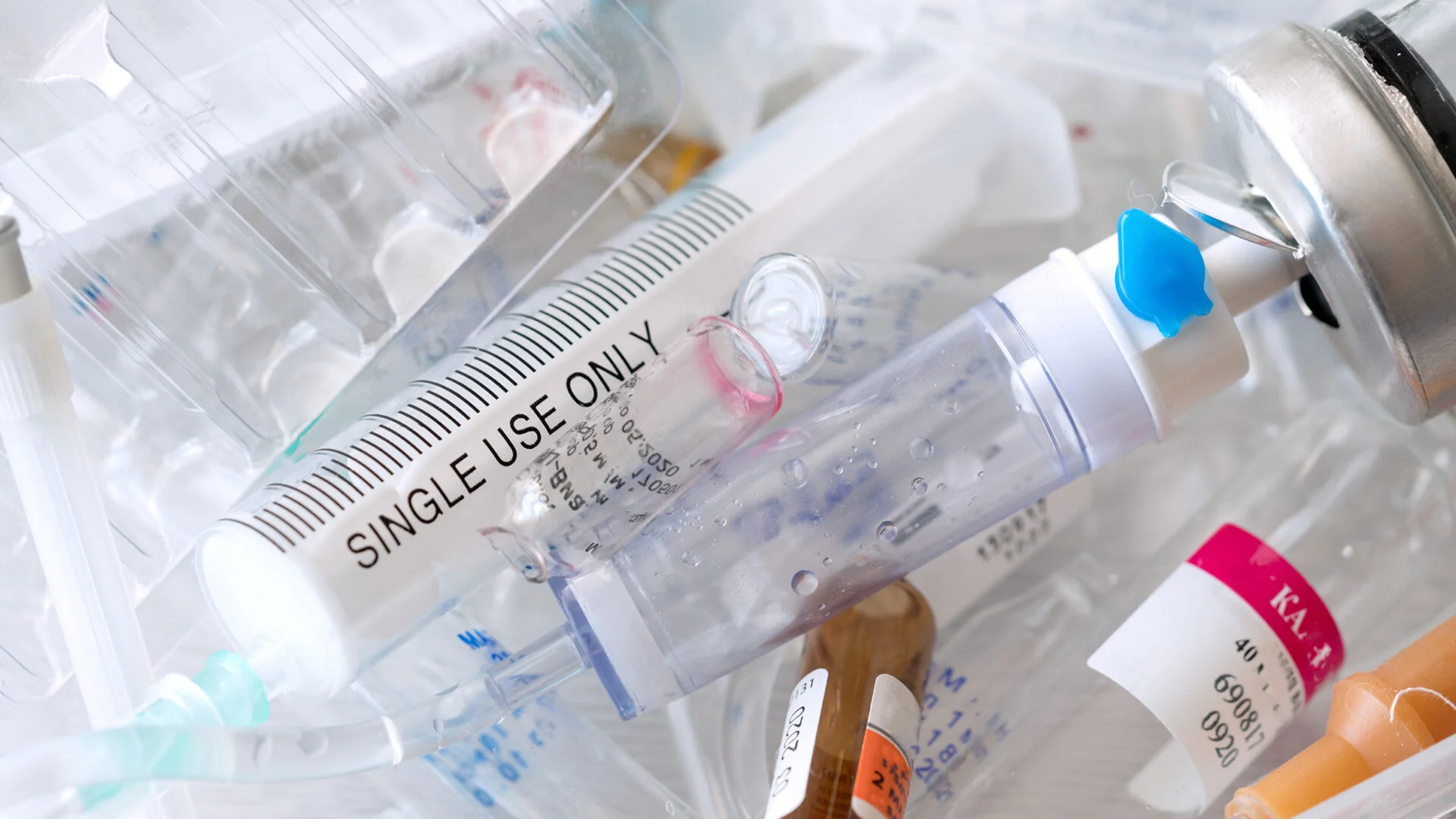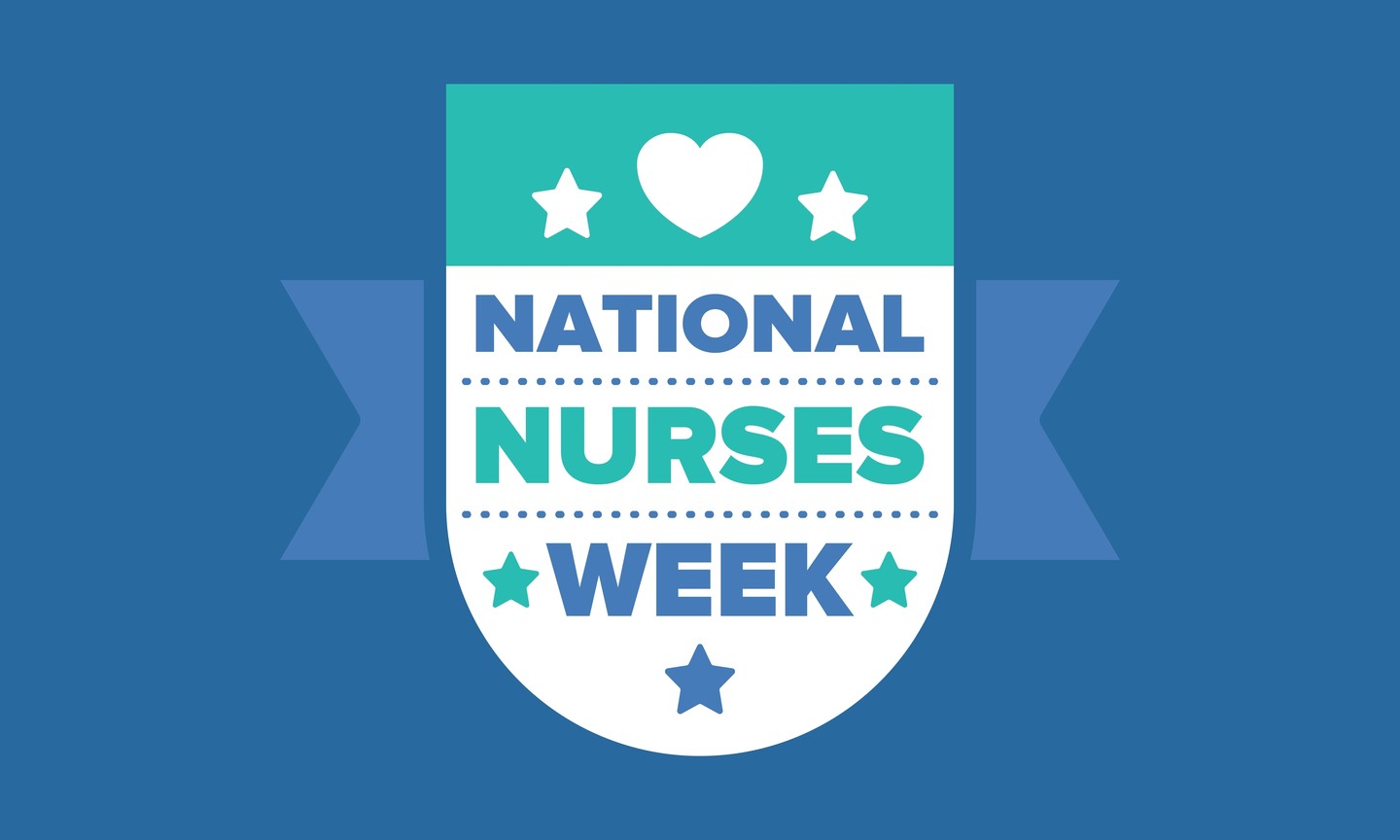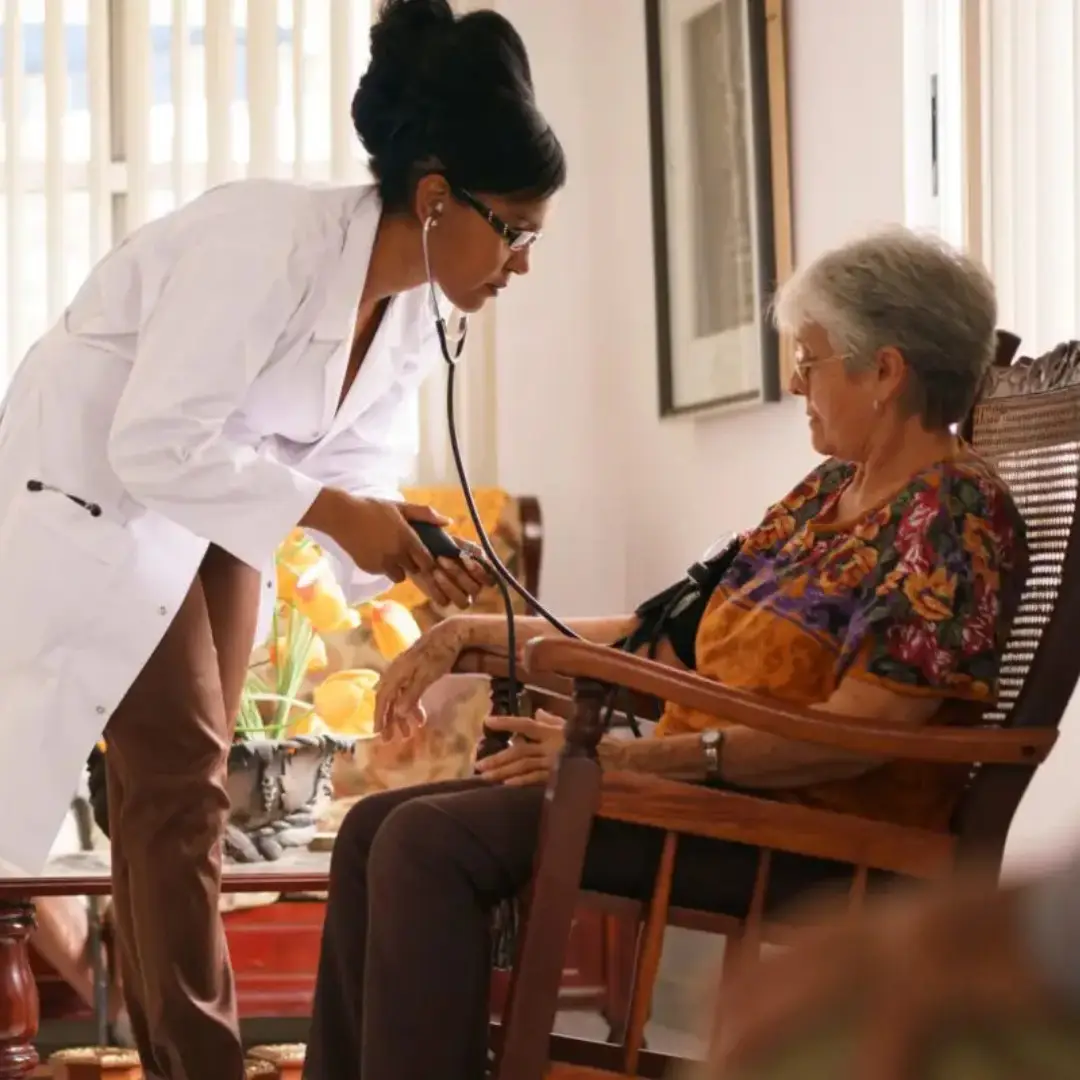Discover the financial and legal risks of non-compliance with medical waste disposal regulations and learn how proper waste management can protect your healthcare facility from costly penalties.
Read MoreArticles by Waste Medic
Understanding the Different Types of Medical Waste & Their Disposal Needs
Learn about the various types of medical waste, including biohazardous, sharps, pharmaceutical, and trace chemotherapy waste, and discover the essential disposal methods needed to ensure safety and compliance.
Read MoreEnsuring Compliance and Safety: The Critical Importance of Proper Medical Waste Disposal in 2024
Discover why proper medical waste disposal is critical in 2024. Learn about the regulatory landscape, environmental responsibilities, and how Waste Medic ensures compliance and safety for healthcare facilities.
Read MoreSharps Safety: A Critical Focus During the Back-to-School Season
Promote sharps safety during the back-to-school season. Learn how schools can ensure proper disposal of needles and syringes to protect students and staff.
Read MoreMastering Dental Sharps Waste Management: A Comprehensive Guide to Safety, Compliance, and Sustainability
Discover how dental practices can manage sharps waste safely and sustainably. Learn about the lifecycle, regulatory compliance, and innovative technologies that ensure proper disposal while protecting public health and the environment.
Read MoreCelebrating Independence Day with Waste Medic: Honoring Our Nation’s Heritage
Celebrate Independence Day with Waste Medic as we honor our nation’s heritage. Learn about our commitment to community service and our brief office closure on July 4th. Wishing you a safe and joyous 4th of July!
Read MoreNavigating Change: What Stericycle Clients Need to Know Amid Waste Management’s Acquisition
Discover the implications of Stericycle’s acquisition by Waste Management and why Waste Medic stands out as your local, reliable, and cost-effective provider for medical waste management solutions in the Southeast. Explore our transparent pricing and responsive customer service tailored to meet your facility’s unique needs.
Read MoreKeck Medicine of USC and USC’s health sciences schools make sustainability a priority
By upcycling ocean plastics, reducing harmful anesthesia gases and transforming medical supply chains, the USC health system and medical research schools hope to curb pollution.
Read MorePolice: Human remains found at Baltimore County recycling center likely ‘medical waste’
Investigators suspect that human remains discovered at a Cockeysville recycling plant on Monday are likely medical waste, according to Baltimore County Police. The remains were found at the Baltimore County Refuse/Recycling Center, prompting a temporary closure. Authorities are awaiting autopsy results to confirm the nature of the remains and investigate their origin. Read more on The Baltimore Sun.
Read MoreMastering Medical Waste Segregation: A Comprehensive Guide
Dive into the intricacies of medical waste segregation with our comprehensive guide. Learn about color-coded disposal systems and best practices for ensuring compliance and safety in healthcare facilities. Trust Waste Medic for expert guidance and solutions tailored to your waste management needs.
Read More

